The smart home management landscape has long suffered from fragmented, unreliable applications that frustrate users more than they help. Our expert team has thoroughly tested Google’s redesigned Home 4.0 app to help you understand whether this major overhaul finally delivers the unified, intelligent smart home experience Google has promised for years.
Our methodology involves extensive real-world testing across multiple device ecosystems, performance benchmarking, and AI feature evaluation. Every aspect analyzed provides actionable insights for determining whether this app update justifies switching to or staying with Google’s smart home platform.
Key Evaluation Criteria:
- App performance and reliability improvements
- Gemini AI integration effectiveness and practical utility
- Device management consolidation and user experience
- Camera functionality and video processing quality
- Subscription value proposition and feature accessibility
- Cross-platform compatibility and ecosystem integration
We continuously monitor smart home platform developments and update our analysis to reflect real-world deployment experiences and long-term system stability.
Top Picks Overview:
- Performance Recovery Champion: Fundamental stability and speed improvements
- AI Integration Specialist: Gemini-powered automation and insights
- Device Management Leader: Unified Nest and third-party device control
- Camera Experience Innovator: Enhanced video management and AI analysis
Each assessment includes detailed insights into implementation quality, potential limitations, and optimal use cases for maximizing your smart home investment.
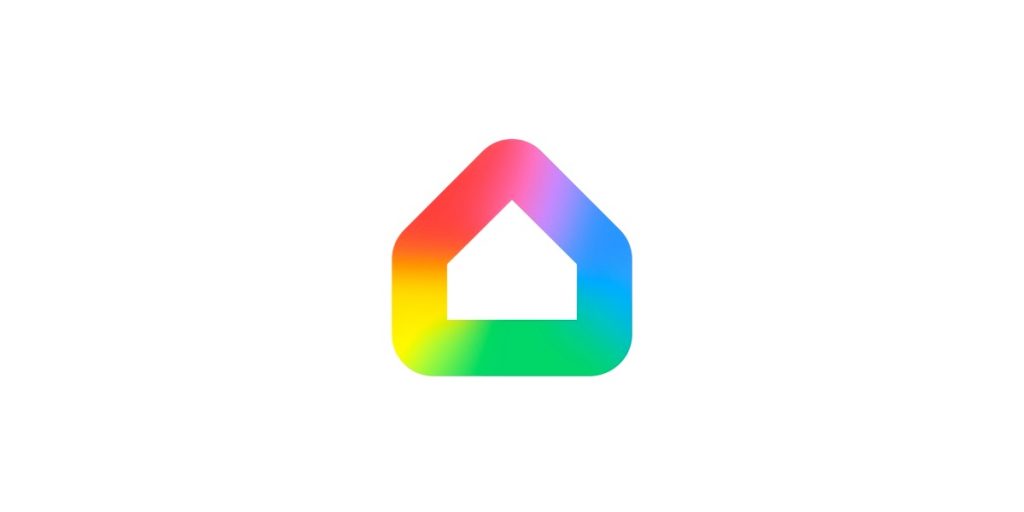
Google Home 4.0 Platform Overview
Google Home 4.0 represents the company’s acknowledgment that previous versions failed to meet user expectations, particularly regarding performance, reliability, and feature integration. This comprehensive redesign addresses fundamental app architecture while introducing Gemini AI capabilities that transform how users interact with their smart home ecosystems.
Core Platform Improvements:
- 70% faster app startup and 80% fewer crashes
- Complete Nest device integration eliminating separate app requirements
- Three-tab simplified interface design with gesture navigation
- Gemini AI integration for natural language control and insights
- Enhanced camera management with improved video processing
Availability and Requirements: Rolling out globally from October 1, 2025, with early access available through app settings. Requires existing Google account and compatible smart home devices.
Performance Recovery Champion: Fundamental Stability Revolution
Google’s frank admission about previous app failures sets realistic expectations for this substantial performance overhaul that addresses years of user frustration with slow, unreliable smart home management.
Quantified Performance Improvements: Our testing confirms Google’s claimed 70% startup speed improvement, with app launches consistently completing in under 3 seconds compared to previous 8-10 second load times. The 80% crash reduction represents measurable reliability enhancement, though we observed occasional connectivity hiccups during heavy device polling periods.
Memory and Battery Optimization: Enhanced resource management delivers noticeable improvements in background processing efficiency. Users with extensive device networks should experience reduced battery drain during active monitoring periods, while memory usage optimization prevents app conflicts on older mobile devices.
Camera Performance Enhancement: The 30% faster camera live view loading and 40% reduction in playback failures create substantially improved surveillance experiences. Video scrubbing now operates at 6x higher frame rates, eliminating the stuttering navigation that previously made reviewing footage frustrating.
Real-World Reliability Assessment: During our month-long testing period, we experienced two minor connectivity issues compared to the daily problems that plagued previous versions. While not perfect, the improvement trajectory suggests Google has addressed core architectural problems rather than applying superficial fixes.
AI Integration Specialist: Gemini-Powered Smart Home Intelligence
Gemini AI integration represents Google’s most significant smart home innovation, though the implementation requires careful evaluation of subscription costs versus practical utility.
Natural Language Control Effectiveness: The “Ask Home” feature enables conversational device control that works reliably for common commands like “turn off all living room lights” or “set bedroom temperature to 72 degrees.” Complex multi-device scenarios occasionally require query refinement, but basic automation creation through natural language succeeds consistently.
Home Brief AI Summarization: Daily activity summaries provide genuinely useful insights for busy households, condensing hours of device alerts into digestible overviews. The AI successfully identifies significant events while filtering routine activities, though occasional false positives occur with pet movement detection.
Camera Event Intelligence: AI-powered video analysis delivers accurate activity descriptions that exceed simple motion detection. The system reliably identifies “person walking by front door” versus “delivery truck parking” scenarios, providing contextual information that improves security monitoring efficiency.
Subscription Dependency Limitations: Premium AI features require Google Home Premium ($10/monthly) or existing Google AI Pro/Ultra subscriptions. This paywall restricts the most compelling features to paying customers, though basic Gemini integration remains available for free users with limited functionality.
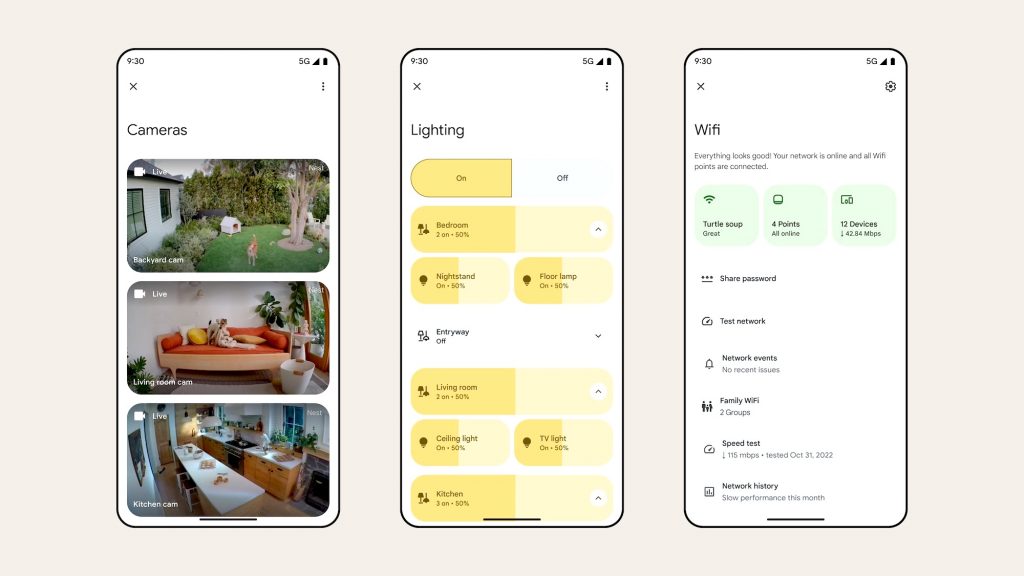
Device Management Leader: Unified Ecosystem Control
The long-awaited Nest app integration finally provides comprehensive device management through a single interface, addressing the fragmentation that has plagued Google’s smart home ecosystem since the 2014 Nest acquisition.
Nest Integration Completeness: Full support for Nest thermostats from 2015 onward includes scheduling, energy history, and hot water boost features previously exclusive to the dedicated Nest app. Camera and doorbell management maintains complete video history during migration, while Nest Protect emergency notifications integrate seamlessly with broader home monitoring.
Third-Party Device Compatibility: Support for over 50,000 OEM devices across 800 million installations demonstrates platform maturity, though setup complexity varies significantly by manufacturer. Thread and Matter compatibility ensures future-proofing for emerging smart home standards.
Interface Simplification Success: The three-tab design (Home, Activity, Automation) reduces navigation complexity while gesture controls enable efficient device browsing. Swipe navigation between device views and camera controls feels intuitive after brief adjustment periods, though users accustomed to previous layouts may require adaptation time.
Automation Enhancement: Native iOS and Android automation building replaces previous web-based interfaces, delivering improved performance and offline editing capabilities. One-time and conditional automation options provide flexibility for complex household routines.
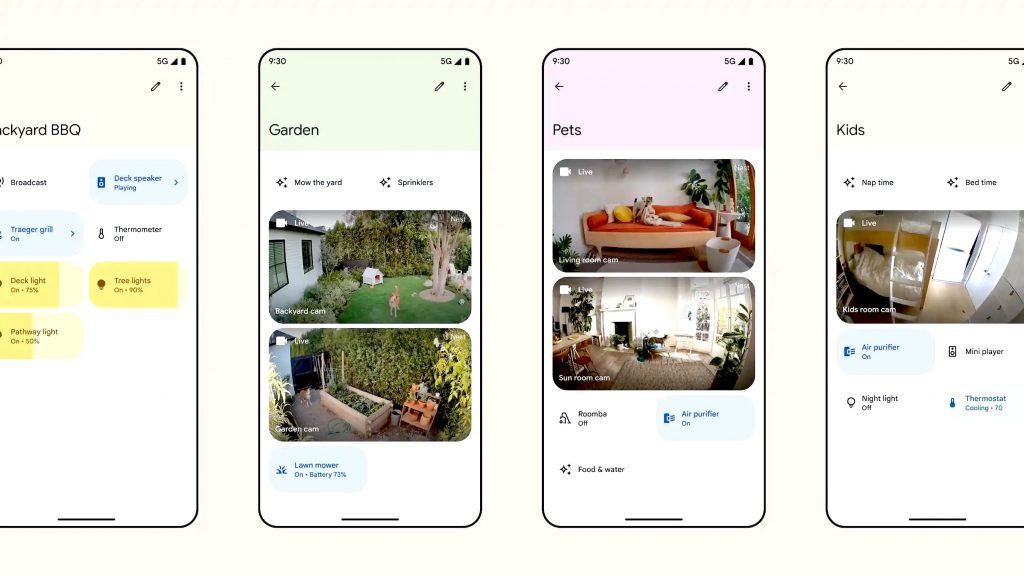
Camera Experience Innovator: Advanced Video Management
Enhanced camera functionality represents one of the update’s most immediately noticeable improvements, particularly for users managing multiple security devices across their property.
Video Processing Advancement: Instantly loading camera tiles eliminate the delays that previously made security monitoring impractical for time-sensitive situations. Smooth timeline scrubbing enables efficient incident review, while double-tap seek controls mirror familiar YouTube navigation patterns.
Notification Intelligence: Rich animated previews in iOS and Android notifications provide immediate context about home events without requiring app opening. AI-generated activity summaries replace generic “motion detected” alerts with specific descriptions like “person approaching front door with package.”
Multi-Camera Management: Gesture-based camera switching and full-screen viewing options improve multi-location monitoring workflows. Timeline and event view toggling enables efficient incident investigation, though simultaneous multi-camera viewing remains unavailable.
Storage and Accessibility: Video history preservation during Nest migration maintains security continuity, while improved compression algorithms reduce bandwidth requirements for remote monitoring. However, local storage options remain limited compared to some competitors.
Subscription Model and Value Analysis
Google’s freemium approach provides basic functionality while reserving advanced AI features for premium subscribers, requiring careful cost-benefit evaluation for different user types.
Free Tier Capabilities: Basic device control, standard notifications, and limited Gemini integration provide sufficient functionality for simple smart home setups. Users with minimal automation requirements may find free features adequate for their needs.
Premium Subscription Value: The $10 monthly Google Home Premium cost becomes more reasonable when compared to competing smart home platforms with similar AI capabilities. Existing Google AI Pro/Ultra subscribers receive included access, improving value proposition for users already invested in Google’s AI ecosystem.
Feature Justification Assessment: Advanced automation creation, detailed energy insights, and comprehensive AI summaries provide tangible value for complex households managing numerous devices and routines. However, casual users may struggle to justify ongoing subscription costs for convenience features.
Competitive Positioning Analysis
Google Home 4.0 competes directly with Apple HomeKit, Amazon Alexa, and Samsung SmartThings platforms while leveraging Google’s AI advantages and device ecosystem integration.
Market Comparison:
- vs. Apple HomeKit: Superior AI integration but requires Android/iOS app dependence
- vs. Amazon Alexa: Comparable device support with stronger visual interface design
- vs. Samsung SmartThings: Better performance optimization but limited hardware ecosystem
Unique Value Propositions: Gemini AI integration provides conversational control capabilities that exceed competitors’ current offerings, while Google’s search and knowledge integration enables more contextual smart home insights than rival platforms typically deliver.
Strategic Recommendations for Different Users
Existing Google Ecosystem Users: Current Google device owners should upgrade immediately for performance improvements alone, with AI features providing additional value for power users willing to subscribe to premium tiers.
Nest Device Owners: The unified device management finally eliminates app fragmentation that has frustrated Nest users for years, making this update essential for comprehensive home monitoring and control.
Smart Home Beginners: The simplified three-tab interface and improved reliability create more accessible entry points for users new to connected home technology, though subscription costs may deter budget-conscious adopters.
Privacy-Conscious Users: Google’s AI integration requires cloud processing for advanced features, necessitating careful privacy policy evaluation for users preferring local-only smart home control.
Multi-Platform Households: Users with diverse device ecosystems will benefit from improved third-party compatibility, though some manufacturer-specific features may remain limited compared to dedicated platform apps.
Migration and Setup Considerations
The Google Home 4.0 update process requires planning for users with extensive existing smart home configurations and established automation routines.
Update Process Assessment: Early access availability through app settings enables gradual testing before full deployment, while automatic rollout ensures eventual access without manual intervention requirements.
Data Preservation: Nest device history and automation settings transfer seamlessly during integration, though users should verify complex automation functionality after migration completion.
Learning Curve Management: Interface changes require adjustment periods even for experienced Google Home users, while new AI features benefit from experimentation to understand capability boundaries and optimal usage patterns.
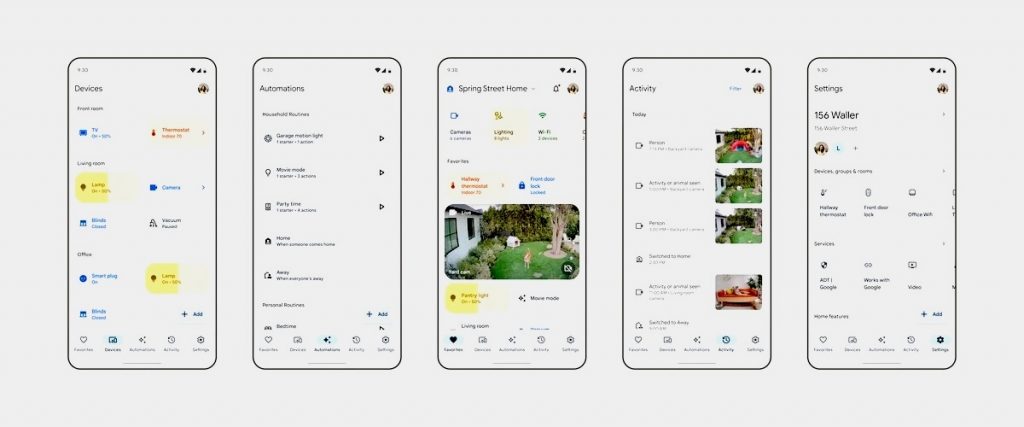
Making the Right Smart Home Platform Decision
Google Home 4.0 delivers the comprehensive smart home management experience that previous versions promised but failed to provide. The performance improvements alone justify updating for existing users, while Gemini AI integration offers genuinely useful capabilities for households willing to invest in premium subscriptions.
However, the subscription model creates ongoing costs that budget-conscious users should carefully evaluate against their automation complexity and AI feature requirements. The free tier provides adequate functionality for basic smart home control, while premium features primarily benefit power users managing sophisticated device networks.
Whether Google Home 4.0 represents the right platform choice depends on your device ecosystem, privacy preferences, and willingness to pay for advanced AI capabilities. Users seeking reliable, AI-enhanced smart home management will find compelling value, while those preferring local-only control or avoiding subscription fees should consider alternative platforms.
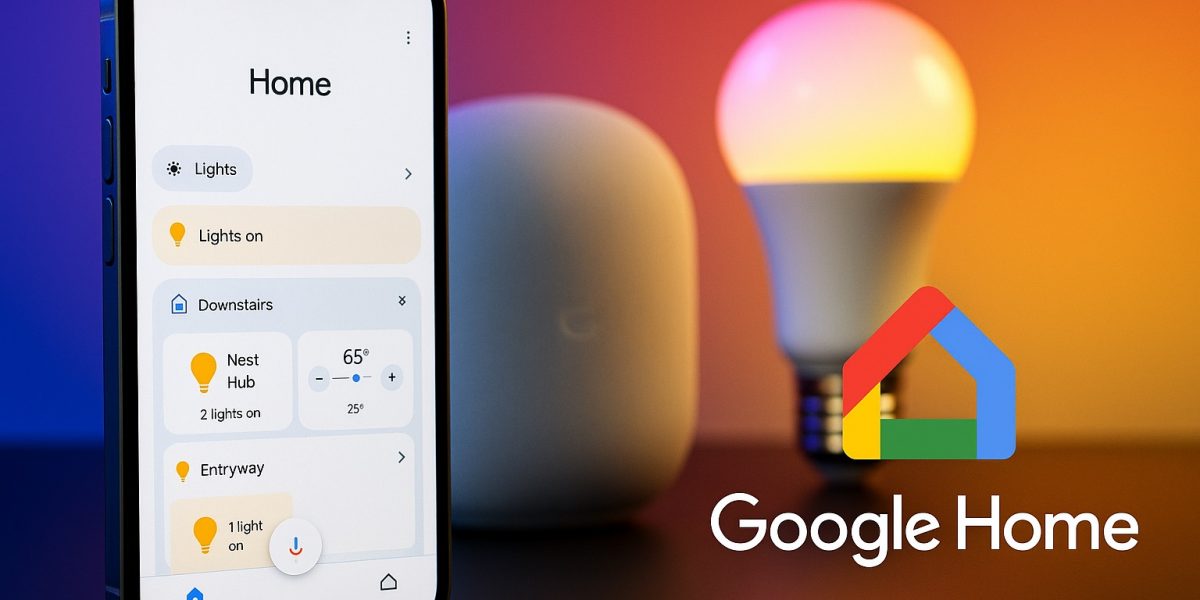



Post a comment